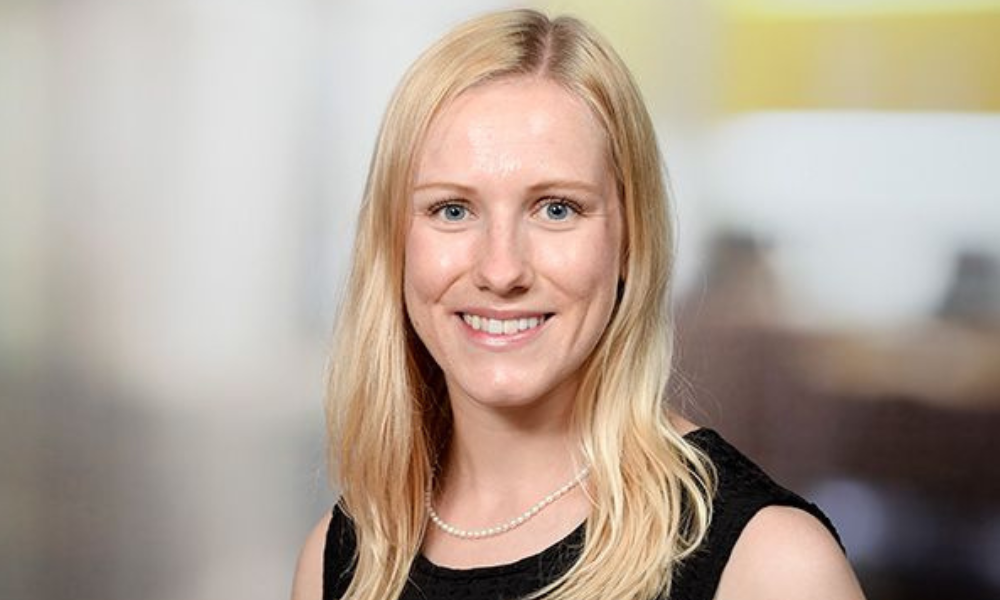Less urgency in the market observed as commitment to move also falls

Home-movers who are most reliant on borrowing are resorting to cost-cutting amid rising costs of living and increasing interest rates, according to new research by property firm Savills.
A survey of more than 1,000 prospective buyers conducted at the end of August 2022 has revealed that recent interest rate rises and the cost-of-living crisis are impacting buyer budgets in some market areas, with 29% of prospective buyers saying they have reduced budgets in response to these factors.
Savills said this is most true for those more reliant on borrowing, including half of first-time buyers, and 44% of those who are looking to upsize. Those least impacted were downsizers, with 66% keeping both their budget and funding the same, and those moving outside of London (59%).
The research has revealed that commitment to move has also fallen, at least in the short term. The net balance of people who are more committed to move in the next three months has fallen to 1.7%, while +7.1% feel more committed to move in the next year. This compares to the +22% recorded in April 2022.
Sentiment remains more positive for the medium term, with a net balance of +15%, stating they are more committed to moving in the next two years.
The survey results also showed that those looking to enter the market or extend borrowing are most cautious when asked about their commitment to move within the next six months. This caution is expressed the most by those looking to upsize, with a net balance of -10%, and those in the market for things such as a second home (-31%) or investment opportunity (-8.7%).
Read more: Inflation, low affordability and the impact on the mortgage market.
Not all buyers are deterred by the tougher economic outlook though. Those looking to downsize (+6.6%), relocate (+7.4%) or who are living in regional parts of the UK (+3.9%) are more committed to moving within six months.
Around 54% of buyers said that a lack of stock was significantly inhibiting their ability to purchase a property. This is only slightly down from 63% in April. This issue is most pronounced at the top end of the market with almost nine in 10, or 88%, looking to purchase a property above £1 million - hindered by a lack of suitable properties.
For the majority of buyers, the amount they plan to spend on their new home hasn’t changed. Most respondents plan to use the same funding source, with around 7.8% planning to spend the same, but are likely to reduce borrowings, and dip deeper into equity pots.
“Despite transactions remaining robust over the summer, there’s now less urgency in the market, with rising costs of debt impinging on the budgets of those most reliant on a mortgage,” Frances McDonald (pictured), research analyst at Savills, commented. “Increased costs of living are also making buyers much more conscious when it comes to how much they are willing to spend.
“Ultimately, in the short term, the market will be predominately driven by homeowner need, rather than lifestyle influences which drove the market during the pandemic. Especially now that lockdowns are fading into distant memory.”
McDonald added that after more than two years of runaway house price growth, sellers will need to become much more realistic when it comes to pricing their home, especially as more stock comes on to the market.
“As and when inflation has been tamed, the cost of debt eases and we see a pick-up in both domestic and global economic growth, we can expect price growth to return to these markets, particularly given the strength of buyers’ underlying commitment to move over the medium term,” she concluded.



